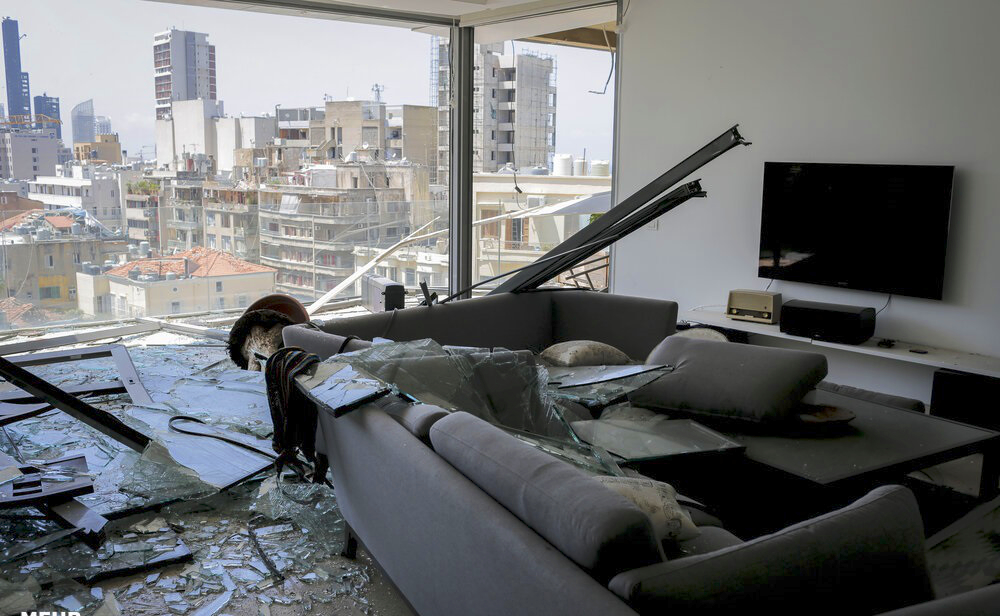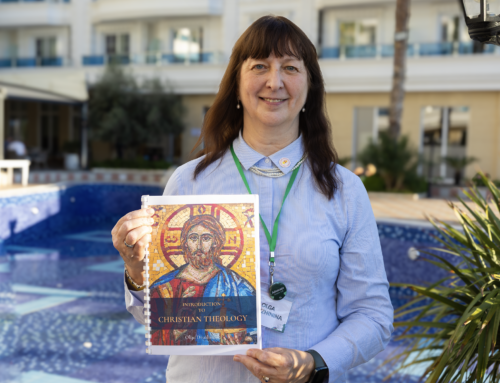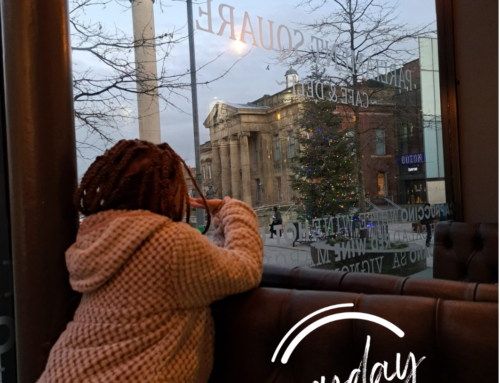After a massive explosion devastated Beirut in August, the vast needs are not only for shelter, medical care, food, clothing, and hygiene items; traumatized people also need emotional, psychological and spiritual support.
To address these latter needs, in October, the Beirut Church of the Nazarene opened the Balassan Counseling and Medical Center. Situated in a small apartment five minutes from the church, Balassan is funded through grants from donors from Germany and the United States.
“Parents were coming to us with traumatized children, and also many adults are under tremendous stress and having problems coping” after the catastrophe, said Pastor Andrew Salameh, who also serves as the Lebanon District superintendent.
The explosion worsened Lebanon’s economic and political crisis, which has been exacerbated by the COVID-19 pandemic, adding to already widespread unemployment. As a result, “it is not affordable to go to a psychiatrist these days,” Salameh said. “Many people will not go a psychiatrist, but will come to a church center.”
“Most of our patients are poor and cannot afford the medical needs they have,” said *Annika, a medical professional who moved to Lebanon from Germany in 2014, and became involved with the Church of the Nazarene there in 2018. Annika helped the church to open Balassan, where she now works full time in serving clients and training the team. “We saw approximately 300 patients the last two months, and 3/4 of them are first-hand traumatized through the blast.”
The center charges less than 1 USD per client.
Counseling and mental health support are less common in Lebanon and other Middle Eastern countries than across the West. Salameh believes the Nazarene church may be the first church in Lebanon to offer professional counseling as a ministry.
Since opening, the center has treated 292 people, reaching 134 of those in the last three weeks of November.
“We offer medical help, laboratory examinations, and medicine through a general doctor twice per week; a psychologist twice per week and a psychiatrist occasionally; a physiotherapist comes twice per week, and a speech therapist begins January 2021,” Annika said.
Many of those who come for help do not have a Christian background.
“This gives us the opportunity to share the gospel, relate to them, build relationships through visits and offer small groups for Bible studies and prayer,” she said. “Some of them are coming to the clinic just to receive prayer or searching for a person to listen to them. Every week, we see new people attending our church services.”
Those who receive counseling usually require six to eight sessions, followed by further sessions as needed once or twice per month. Counseling is offered to individuals and families at the center. Group counseling sessions are offered at the church.
Balassan’s staff includes two missionary volunteers—a nurse and a physiotherapist—alongside a paid staff who include a psychiatrist, general physician, speech therapist and a professional trained to work with people who have special needs. All are licensed to practice their profession in Lebanon. So, in addition to meeting people’s physical, emotional and spiritual needs through the clinic’s services, the clinic has provided jobs to Lebanese professionals during a severe economic crisis across the country.
Annika mentioned two ways people can help support Balassan in 2021.
“First of all, we need prayer partners, to faithfully present us and the ministry to God. Secondly, financial help to continue the ministry long term.”
*Name changed for privacy and security reasons




